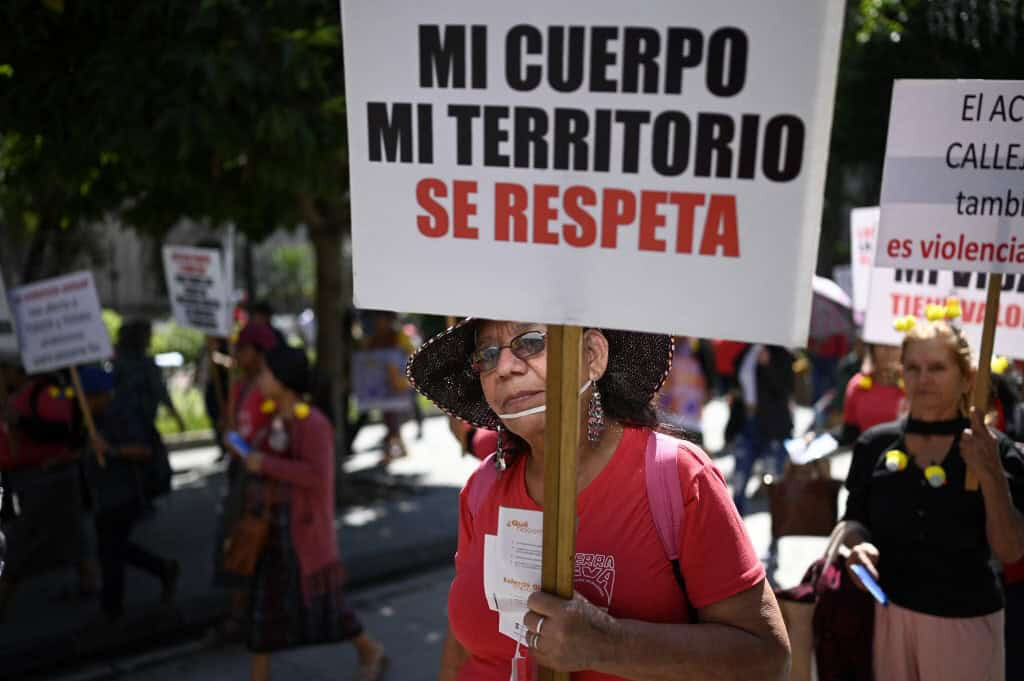
San José, Costa Rica – On March 5, 2025, the Inter-American Commission on Human Rights (IACHR) convened a public hearing to examine the state of human rights in Costa Rica. This session took place against a backdrop of regional trends indicating a decline in the rule of law and democratic governance, thereby jeopardizing human rights protections.
During the hearing, numerous civil society organizations presented their concerns regarding the difficulties in upholding human rights, particularly for vulnerable groups such as indigenous communities, LGBTQ+ individuals, women, and children, and migrants.
A primary concern was the significant reduction in public funding for critical sectors, including education, healthcare, and the judiciary. Notably, the budget for the Ministry of Public Education has been reduced, negatively impacting children and adolescents. Additionally, the National Children's Trust has experienced budget cuts despite a rise in reported cases of violence against children.
The organizations also pointed to the judicial branch's stagnant budget, which hinders its ability to function effectively, even as its responsibilities increase. The executive branch's rhetoric, which undermines judicial independence, was also a point of concern.
Furthermore, there are concerns that womens rights are regressing. There has been a rise in femicides, and barriers to accessing justice. Also the rights of LGBTQ+ citizens are being threatened by the removal of key figures, and the removal of anti-discrimination policies.
Costa Rica’s role in detaining and processing migrants expelled from the United States was also addressed, along with historical issues facing migrants and refugees in accessing basic rights. Additionally, enviromental concerns were brought forth, concerning water contamination, and the destruction of protected enviroments.
The organizations called upon the IACHR to maintain continuous oversight of Costa Rica's human rights situation and to issue public statements as necessary, reminding the government of its treaty obligations. They also recommended that the government adopt budgets that prioritize human rights, reinstate comprehensive sexuality education in schools, and ensure that laws protecting fundamental rights are not repealed.
Moreover, they urged state officials to uphold democratic institutions, freedom of expression, and the right to defend human rights, while avoiding hate speech and the delegitimization of critical voices. To ensure effective protection, they recommended the creation of a protection mechanism and an investigation protocol for threats and crimes against human rights defenders and journalists. Finally, they implored the state to refrain from retaliating against those who participated in the hearing.
[Copyright (c) Global Economic Times. All Rights Reserved.]






























